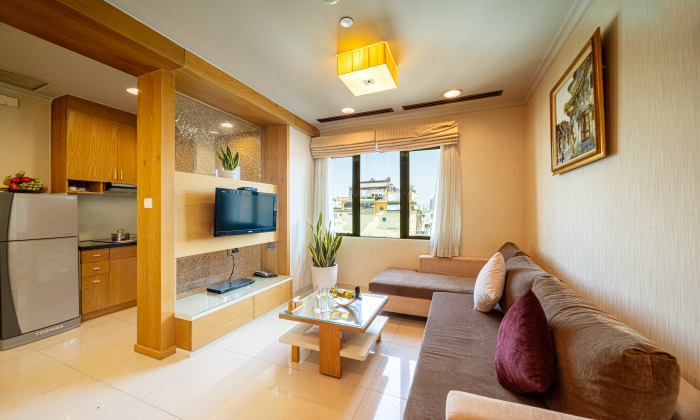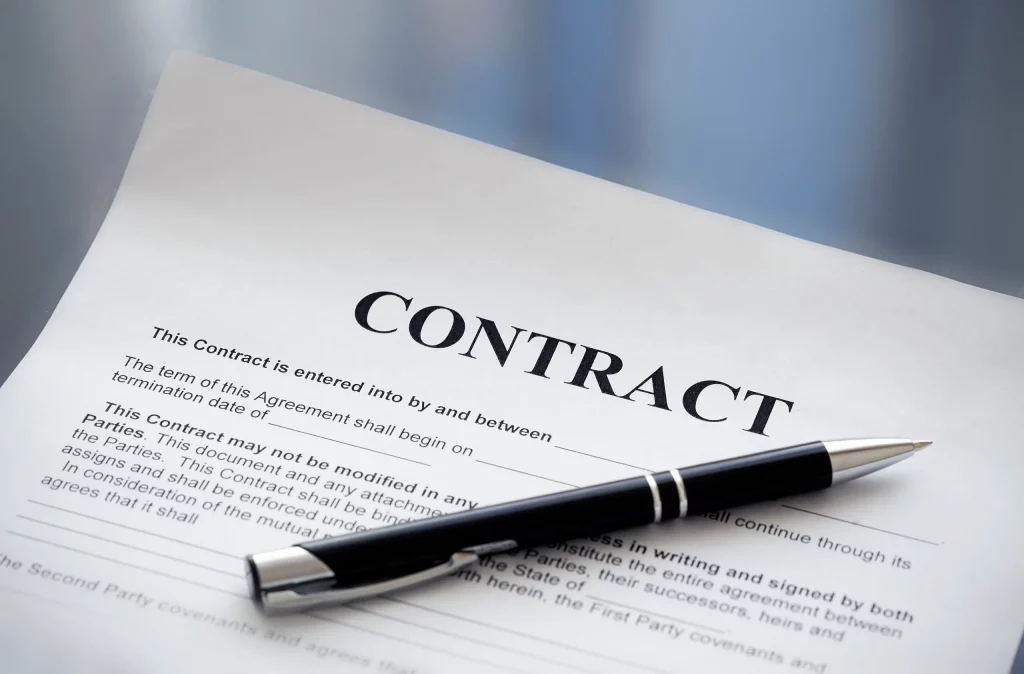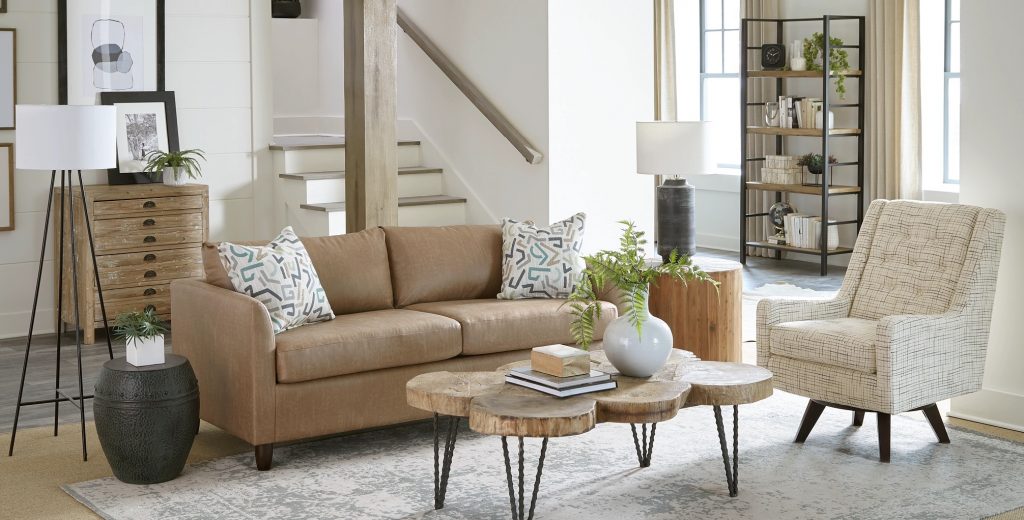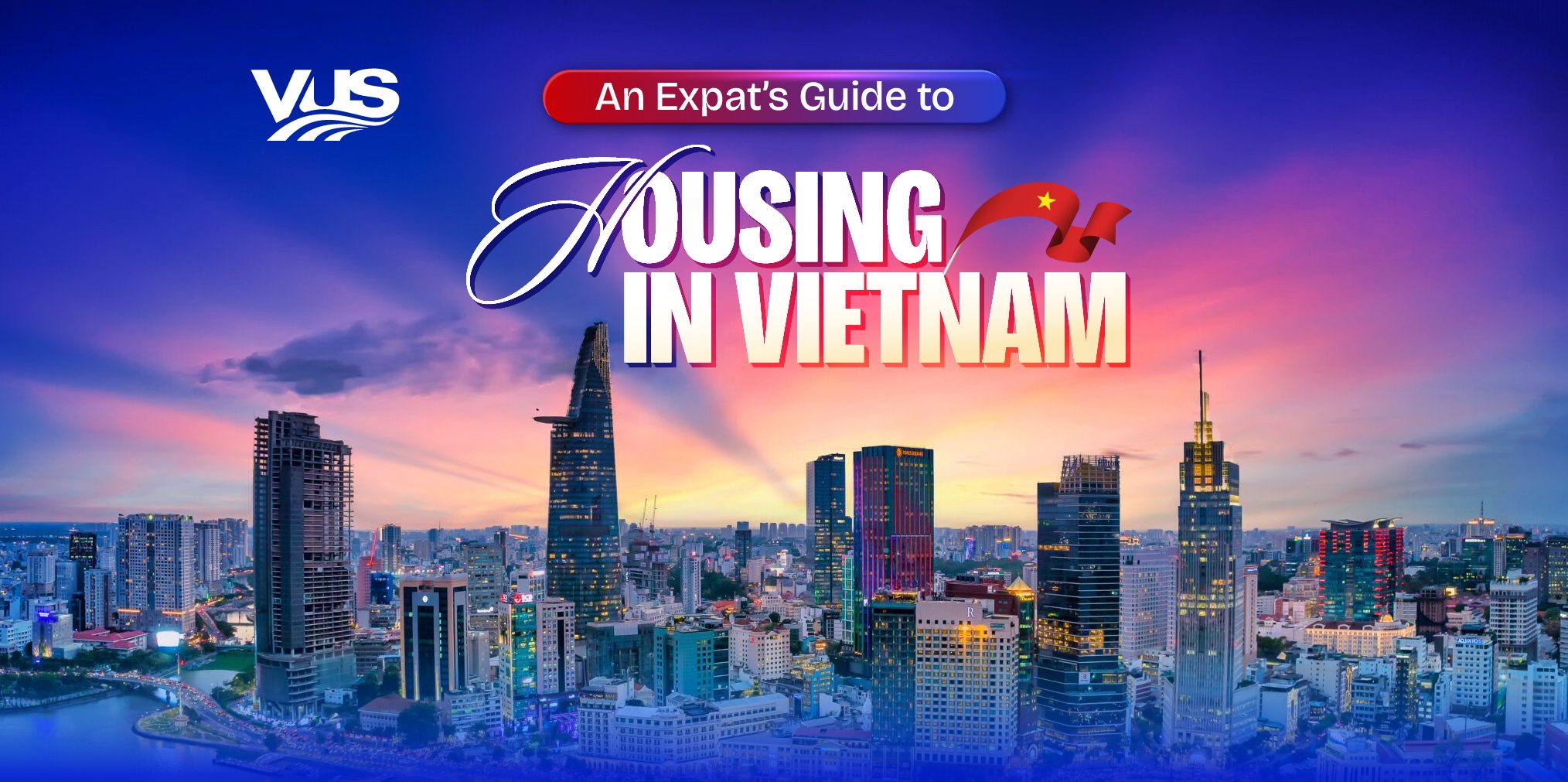So you’re coming to Vietnam! Wondering what your new home will look like? We’ll go through all the different options for you to consider, as well as help guide you towards finding your new home and informing you of what to expect, price-wise.
Table of Contents
1. Types of housing in Vietnam
Accommodation can be found in many different forms, each with their own pros, cons, and budgets. Housing is typically rented for 1-year contracts, and be aware that your monthly rent price may change upon re-signing.
These large, 30+ story buildings are common in the big cities such as HCMC, with new ones springing up regularly. They often have a variety of spaces for rent, from small studio apartments to multi-bedroom/bath flats. Prices can range from 15mil and up, depending on the location and size.

There are many 3-5 story apartment buildings all over the place. They typically look like a standard Vietnamese home from the outside, but each floor will be a separate apartment unit. There’s often a bedroom, a bathroom, and a basic living room and kitchen area. These can start around 10mil depending on the area and quality of the living space. apartments to multi-bedroom/bath flats. Prices can range from 15mil and up, depending on the location and size.

These are often an option in the larger serviced apartment buildings. You get access to the building facilities such as the pool, gym and parking, but your living space is small. This is a good way to live in a central location but at a lower price. Studios can start at around 9mil per month.

These are a good option if you either a) have a family, or b) have enough friends that want to live together. Villas often have 4+ bedrooms and a lot of living space.

All of these options are available for expats living in the bigger cities, depending on the district you’re living in. However, the smaller cities and countryside areas likely won’t have highrise apartments. Your best bet will be a small shared apartment building or a long-stay hotel.
2. How to find your perfect “home"?
There are many different ways to explore different housing options in Vietnam.
1. Most people will use the services of an agent to make the process easier. A housing agent will work with different landlords and will be able to show you a number of different places based on what you’re looking for, as well as your budget. They’ll often pick you up on their motorbike and drive you around to different neighborhoods! Agent services are often free, as they will receive commission directly from landlords after you find a place and sign a contract.


2. There are also many different Facebook groups that advertise vacancies in different districts, so you can try a quick search for “Apartments in District 1 HCMC,” for example.
3. Your colleagues may also have leads on places, or can share the number of the person they worked with to find their own place. Some of the larger serviced apartments may have their own internal agent, too. If you know the specific building you’d like to live in, you can try to contact them directly.

4. You can also check out Vietnam’s Craigslist. There you will find updated lists of rental apartments in Vietnam for your choosing. It will help you to find the latest rental apartment listings in every area of Vietnam, and can give you a general idea of rental prices in those areas.

5. Last, but not least, the internet is one of the most preferred research options for people looking for apartments in Vietnam. It has almost all the apartments listed on directories and real estate agent’s websites. If you know the right search phrases, such as “top 10 best rental apartments in Vietnam,” you can check through a list of preferable rental apartments that you can try out.

3. Factors to Consider to find housing in Vietnam
You can do some research in advance to help the agent whittle down the list of options suitable for you. They have likely been to the same apartments a few times and will know which to prioritize. Some things to consider while you’re looking around include:
- How far away from work is it?
- Are there shops nearby?
- How’s the parking situation?
- Is it a busy street?
Once inside your potential home, you can think about:
- How much outside noise comes in?
- Does the AC work well?
- Are there any strange smells?
- Do I have enough privacy?
- Are my neighbors noisy?
- Can I easily get things up and down the stairs?
- Are pets allowed? (You may have a pet, or you might hear others’ noisy pets)
Most rental contracts are for at least a year, so make sure you can see yourself living there for a while to avoid any early-leave penalties.
3.1. Rental Fees and Deposits
Before you sign on the dotted line, be sure to clarify any extra fees you should expect. Most rental agreements list the base price only. Your total costs can often include most of these items:
- Monthly rent – general prices can be found above, and the internet can give you a general idea depending on the areas you’re looking at.
- Electricity – this can vary depending on your habits, like if you want to run AC 24 hours a day. Costs can range from 1-3 million VND/month.
- Water – not too expensive, probably less than 400,000 VND/month
- Wifi/TV – High-speed internet and TV packages are around 300,000 VND/month
- Building management fees (covering maintenance, security, etc) can run from 1-2 million VND/month; double-check to see if they’re included in your monthly rental price or not
- Parking fees – motorbike parking is pretty cheap, maybe 80k-200k/month. Car parking is considerably more expensive
(Source: Internet)
3.2. Location
You’ve found the perfect home! However, have you considered the drive to work? There are definitely some desirable neighborhoods, but just because you found a place there doesn’t mean it will be the best fit for you. You’ll be driving to work everyday, and that commute can add up over the year. Traffic in Vietnam isn’t the same as in your home country; a 10km drive here is not necessarily what you’d expect, and it’s not a bad idea to do a test run. Make sure you go at the same time of day you’ll be going to work; a 10 minute cruise can easily turn into a 30-40 minute grind if it’s rush hour.
3.3. Available amenities
Many large apartment buildings have a pool, a gym, shops on the ground floor, and maybe even a game room or some open space for hanging out. Be sure to check out the facilities while you’re there to make sure they’re clean and maintained.


3.4. Safety
You’ll be going in and out of your new place every day, so spend a few minutes out on the street looking around. What kind of vibe does the neighborhood have? It’s also a good idea to check out your doors and locks. Do they seem secure? Do you have a private entrance, and are the shared spaces safe? Does the apartment offer private security personnel? These considerations will help turn your house into a home.
3.5. Rental Documents
There are a few different documents that are associated with renting accommodation:

Contract – the main document you’ll be signing will be the rental agreement. It will have your landlord’s information, your information, the property details, and the legal terms that go over payments, property damage, contract renewal/termination, and more. Go over everything carefully before signing to make sure you know what you’re getting into. There should also be details regarding the total deposit you’re paying and what you need to do to ensure you get it back when you move out.
Furnishings – if you’re renting a furnished apartment, the included items will be in an appendix, either at the end of the contract or as a separate paper. It lists the items as well as the condition they’re in, for cross-checking when you move out. Double-check all the items to make sure the descriptions match the actual condition of the item; you don’t want to be charged for damage that was already there!


Proof of Residence Registration – this document is legally required for all expats living in Vietnam. Landlords are responsible for registering their tenants with the local police. They’ll need your passport and will get a form from the police department that includes your name, the property address/unit #, your passport details, and the rental period. Be sure to get your own copy! You will need it for the work permit application process. Some landlords can be very helpful and some can be uncooperative, but this is a requirement and the landlord is responsible for helping you complete this item.
There are many different living options available in the big cities, so take your time to explore your options. Short-term stays like Airbnb are a great way to give yourself some time to shop around. In smaller towns and provincial areas your options may be limited; check with your friends/colleagues to see if they can share any local advice.


